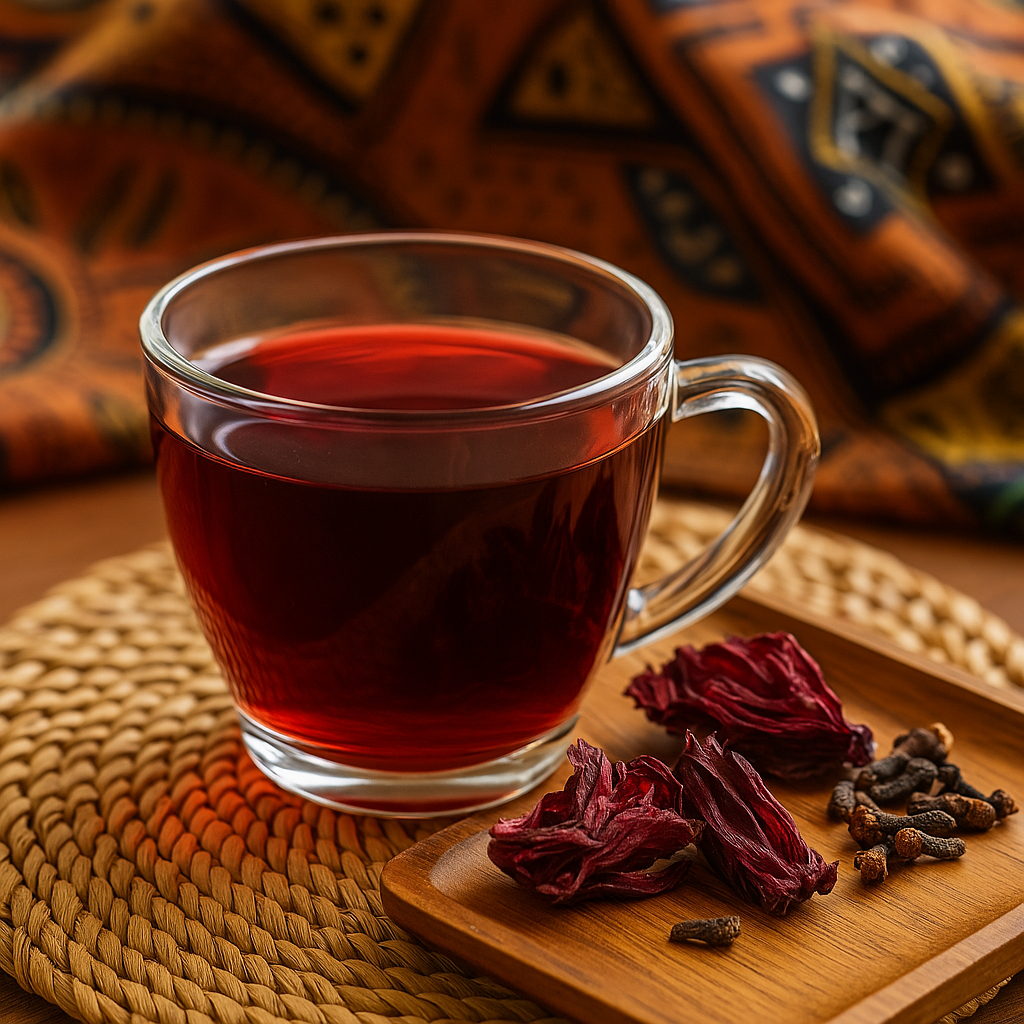From Healing Tonic to Cultural Icon: The Real Story of Hibiscus
To many, hibiscus is just a vibrant, red flower, the kind that brightens up gardens or tropical vacation photos. But across Africa and the global South, hibiscus is not merely decorative, it is deeply medicinal, culturally symbolic, and historically powerful.
As wellness trends now embrace hibiscus for its immune-boosting antioxidants and tangy flavor, brands like Tropace are reminding the world that this flower’s legacy didn’t begin in a lab or luxury cafe. It began in ancestral homes, passed down in cups brewed by grandmothers who understood wellness before it was branded.
A Heritage Plant with Healing Properties
Hibiscus, known as zobo in Nigeria and karkade in Sudan, has been used for centuries to treat high blood pressure, cleanse the blood, and reduce inflammation. What sets hibiscus apart is not just its antioxidant profile rich in Vitamin C and anthocyanins but its ability to serve as a functional beverage that bridges the worlds of healing and celebration.
In Egypt, it’s served during weddings. In West Africa, it’s a staple at naming ceremonies and family gatherings. It has long been a drink of the people — refreshing, deeply red, and full of vitality.
Tropace Immunity Tea: A Return to Form
Tropace’s Immunity Tea features hibiscus not as an afterthought but as the hero. By combining hibiscus with clove, ginger, and cinnamon, the blend honors the traditional recipes of African herbalists while presenting it in a modern form that appeals to North American and diasporic audiences.
Unlike mass-produced teas, Tropace’s hibiscus is hand-selected for color, potency, and flavor integrity. It’s more than a blend — it’s a cultural restoration.
Cultural Significance in Every Sip
Drinking hibiscus means participating in a history older than tea bags and older than influencers. It is to acknowledge the role African botanicals have played in wellness centuries before the industry recognized them.
As consumers become more conscious of their consumption, many are turning toward cultural authenticity and away from commercial shortcuts. Hibiscus and by extension, Tropace offers that authenticity in a form that’s accessible, nourishing, and proudly rooted.

